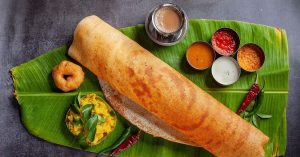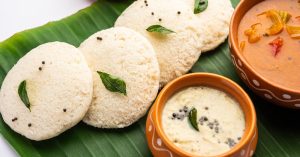3 Chefs Left 5-Star Hotels to Start Restaurant Where You Meet Farmers Behind Your Food
Project Hum at Bandra’s Pali Hill is a farm-to-table restaurant started by three friends from the hotel industry — Raghav Simha, Jatin Talreja and Pragun Bajaj.
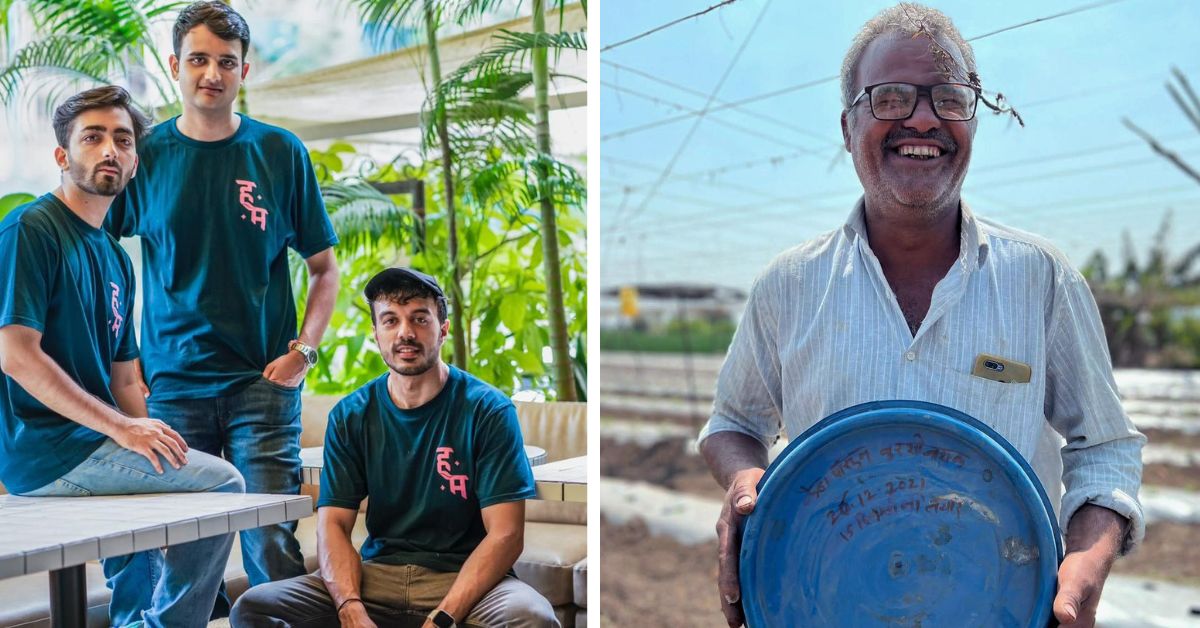
In 2019, the dorm room housing three friends — Raghav Simha, Jatin Talreja and Pragun Bajaj pursuing their hotel management degree at a university in Aurangabad — was abuzz with an idea. The trio, while at the cusp of their professional careers, wanted to start something of their own together.
Notebooks filled with ideas of what the venture would be and endless nights spent ideating and excited about what the future held, the three graduated.
Today, Project Hum — a farm-to-table restaurant in the posh suburb of Bandra in Mumbai is a manifestation of that dream, albeit launched a little later than they had initially planned.
The elegant outlet popularises clean eating and connects diners with farmers across India who grow the produce used in a variety of dishes.
Speaking to The Better India, Jatin who hails from Bhopal says that while Project Hum is an ode to the dream they harboured all those years ago, they thought it wiser to first get some experience in the culinary space before launching something new.
“I began working at Sofitel and started my set of restaurants in my hometown, while Raghav was at the Taj in San Francisco followed by 11 Maddison Park in New York, and Pragun was working with ITC Royal in Bengal,” he explains.
However, with the advent of the COVID pandemic and people transitioning to organic foods, the trio thought, “Why wait longer?”
“We quit our individual jobs in 2021 and started work on Project Hum,” notes Jatin adding that he was in charge of overseeing the operations and management of the venture, while Pragun and Raghav channelled their culinary prowess into curating a menu reflective of the local tastes.
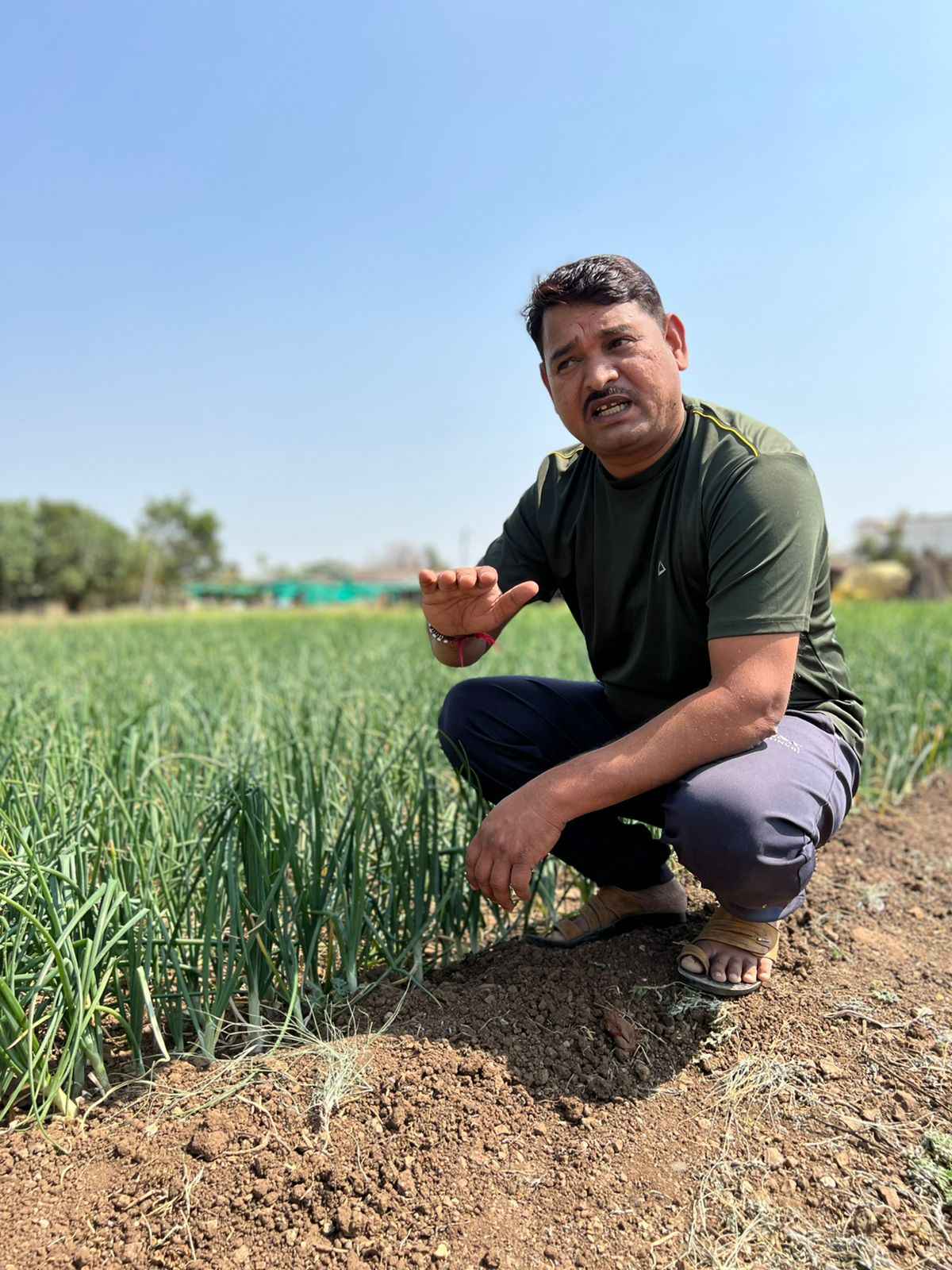
Back to the primal elements of dining
With numerous new spaces adopting the farm-to-table concept, how does Project Hum manage to stand out?
“This point was a big factor while we decided the crux of the venture,” Jatin explains. “If you look around, however, even farm-to-table restaurants are essentially fine dining ones. So we decided to start a place that was more community-driven, sustainable, accessible and reminiscent of home.”
He adds that every time they see a few regulars visit the restaurant to pick up a sandwich or wrap and then go about their day, they feel proud that they managed to create the homely friendly vibe they set out to.
The friends knew the next step was to reach out to the farmers they wanted to be associated with, in order to source produce. This is where Raghav’s expertise came in.
“My first job was at a farm-to-table fine dining restaurant in San Francisco, where I learnt a lot about supply chain management and building a network with farmers,” he explains adding that this knowledge came in handy when he spent a month at an organic farming centre in Nagpur, Maharashtra in the months leading up to the launch of Project Hum.
Here, he was put in touch with farmers across India, whom he then convinced to engage in direct trade with them. While initially, they were reluctant to do this, Raghav managed to gain their trust by March 2021 and got the supply chain up and running.
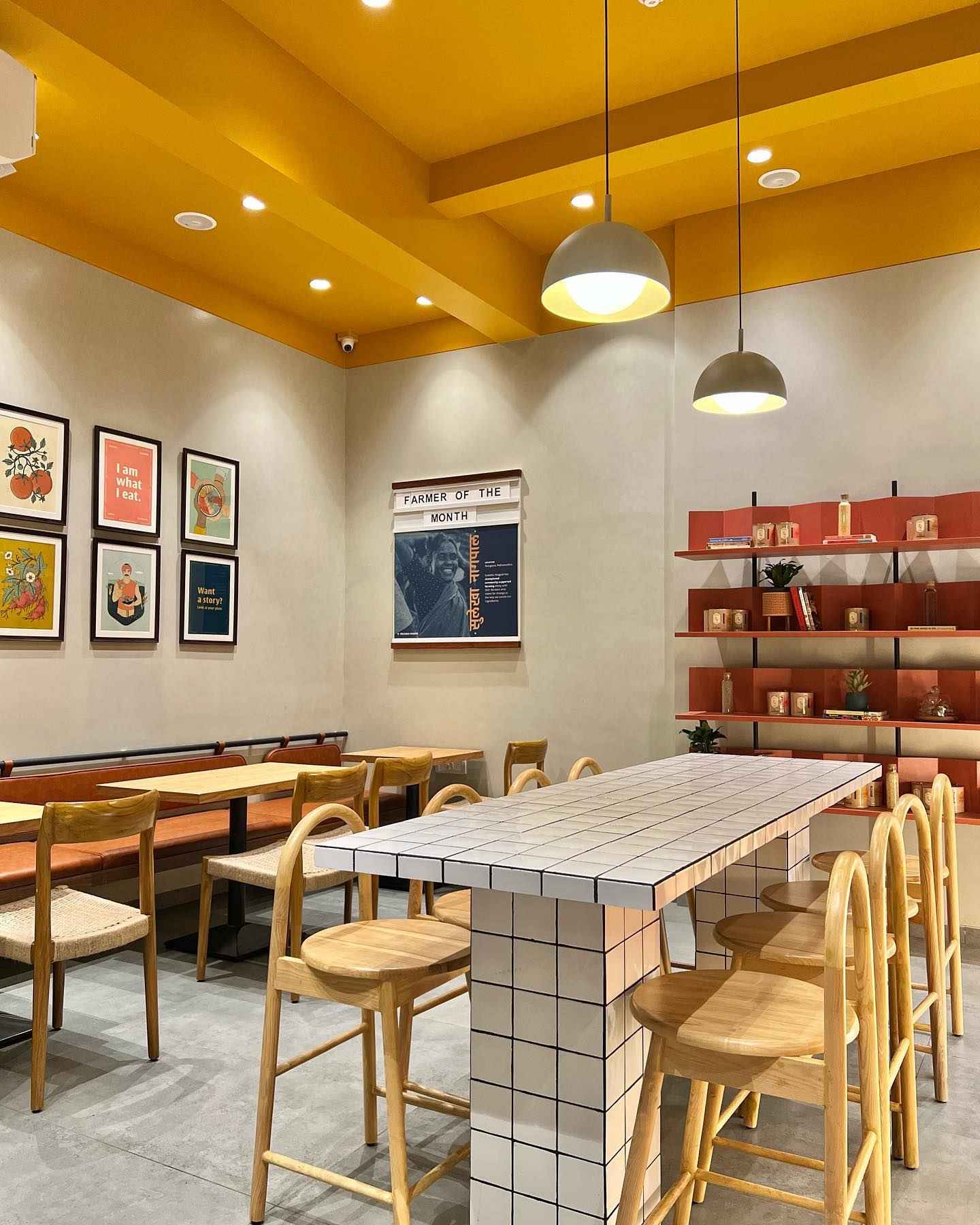
“Today a majority of our produce comes from small-scale farmers in Junnar and Nanded,” he says. Project Hum’s network extends to over 230 farmers from Talegaon, Nanded, Nashik, Kolhapur and other villages.
“All perishable produce is sourced from farmers in Maharashtra. Coffee and chillies are sourced from Karnataka, and fish from the docks of Gujarat,” he says.
With the farmers supplying them with fresh produce and their ambient restaurant the main draw on Bandra’s Pali Hill, Project Hum was all set to open its doors to guests in September 2022.
An impeccable rhythm of sustainability
On stepping into the cosy confines of Project Hum with its glass-bordered interiors and elegant spacious seating, it’s almost like entering a parallel world where sustainability is the norm.
“Everything we use at Project Hum is biodegradable,” explains Jatin adding that the crockery and cutlery are made out of sugarcane or polylactic acid.
“Our lab tests suggested that the biodegradation of these starts in six days and completes within two months. We also have our kitchen waste turned into compost at a pit in Navi Mumbai. The compost is then distributed to nurseries around the area. Hopefully, one of these days we will be able to use it ourselves,” he adds.
Aside from the sustainable decor, guests have an array of delectable eats to choose from, each unflinchingly loyal to the local flavours they represent.
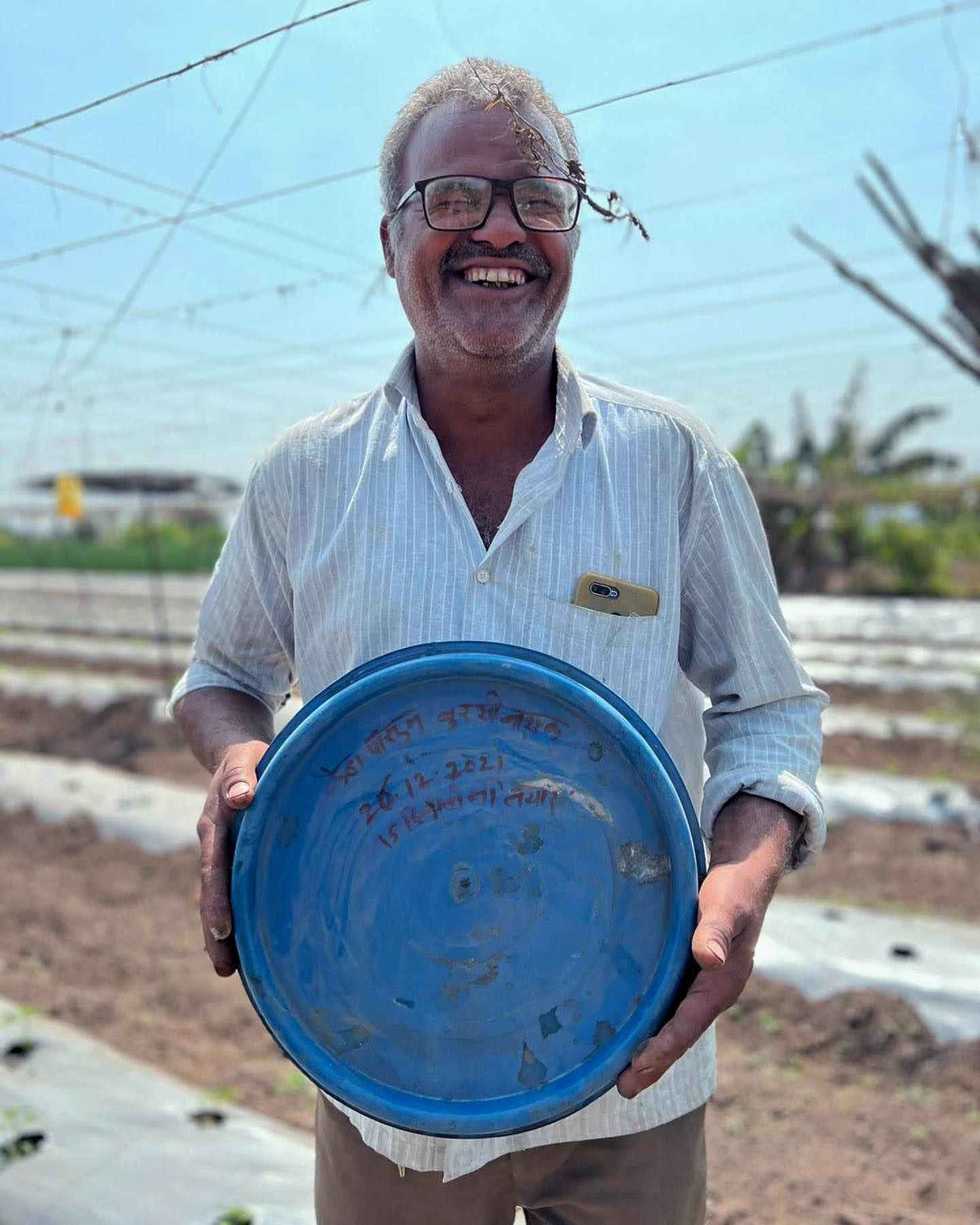
Chicken and avocado, Cowboy wrap prepared with guacamole, cheddar, mashed beans, byadgi chilly macha, gourmet salads, sandwiches and bowls are served fresh. A QR code on each tray enables customers to know where the ingredients in the dish came from.
“We have also built a database of farmers and the food they grow for us. The produce comes to our centre in Nanded, where it is graded. From there the best quality produce comes to the restaurant. We assist farmers in selling the remaining produce in the APMC mandis (marketplace) and have channelised a logistics system that eliminates the need for middlemen,” says Jatin.
But the main draw at Project Hum, he reveals, is a concept they came up with that lets people meet their farmers.
“By way of the ‘Farmer of the Month’ program, people get a chance to spend time with the person behind their food in a literal sense. It indulges a lot of people who care about what they are eating. The farmer of the month is decided on the basis of what vegetable or fruit was consumed the most in a month and which farmer was responsible for growing it,” he adds.
Last month Ganesh Hande from Junnar was crowned with this title for his beetroot and sweet potato. “We brought him to the restaurant and invited our community to come to meet him. It was an honour for him too to know whom he is feeding through his produce,” Jatin adds.
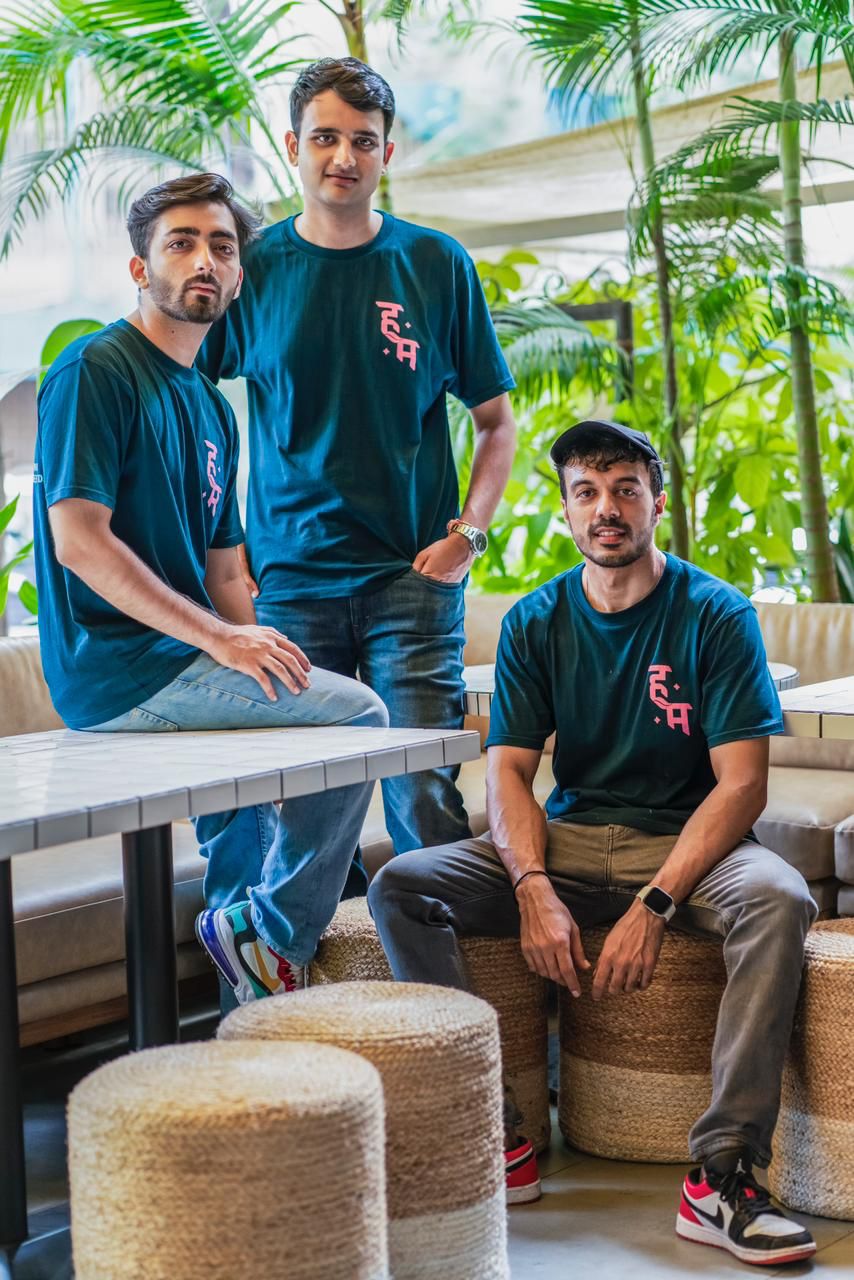
Pragun meanwhile sees Project Hum as a breath of fresh air from a fine dining chef’s perspective.
“It’s always great to cook with fresh ingredients, but it becomes even better when you know who grew the vegetables or where they came from. I love having conversations and understanding the way they farm. I make sure I make one trip to Junnar every month to see what ingredients are in season and what we can cook with next season,” he says.
The trio emphasise that this symbiotic relationship that Project Hum shares with its farmers helps the latter earn “60 per cent more than they used to”. If you found our stories insightful, informative, or even just enjoyable, we invite you to consider making a voluntary payment to support the work we do at The Better India. Your contribution helps us continue producing quality content that educates, inspires, and drives positive change. Choose one of the payment options below for your contribution- By paying for the stories you value, you directly contribute to sustaining our efforts focused on making a difference in the world. Together, let’s ensure that impactful stories continue to be told and shared, enriching lives and communities alike. Thank you for your support. Here are some frequently asked questions you might find helpful to know why you are contributing?

The restaurant, they say, serves “500 people every day” and sees “40 lakhs worth of sales per month” and is on the way to leaving its mark on the culinary map of Mumbai.
Edited by Pranita Bhat
This story made me
-
97
-
121
-
89
-
167





